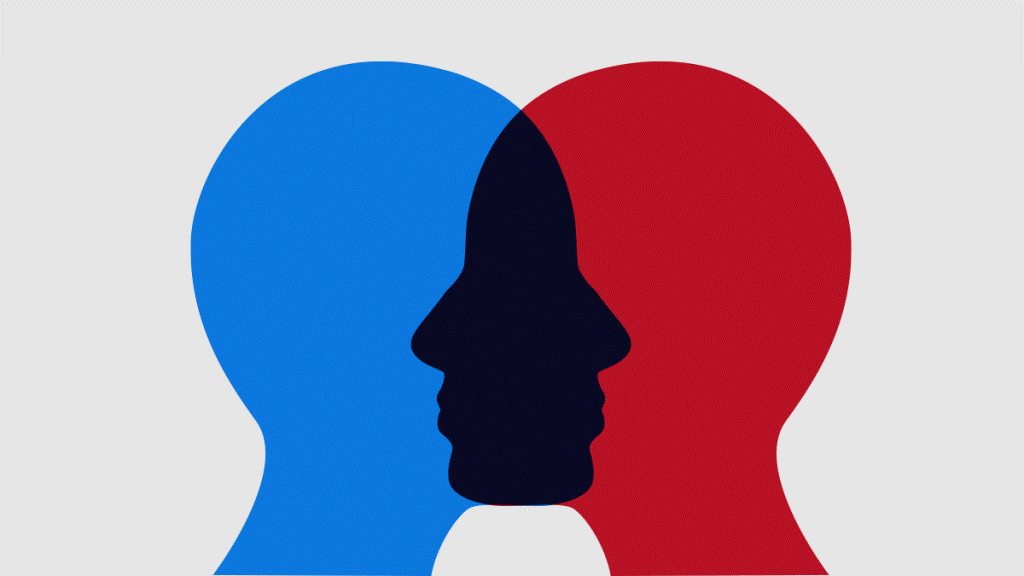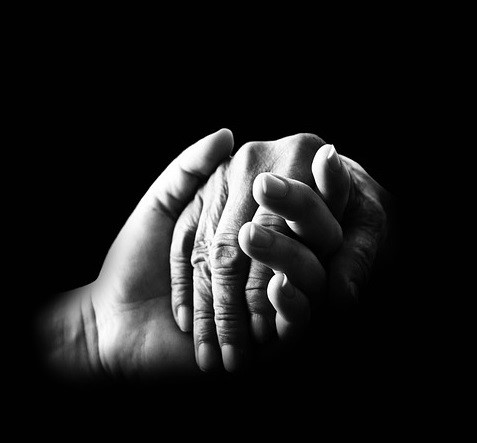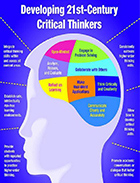Empathy or Sympathy?
Empathy or Sympathy?
Empathy and Sympathy are two commonly used words that are interchanged incorrectly to describe one’s feeling and emotions.
 While both display a certain amount of emotion, the difference between their emotional impact is important. So, what is the difference between empathy and sympathy?
While both display a certain amount of emotion, the difference between their emotional impact is important. So, what is the difference between empathy and sympathy? Empathy means to actually feel what the other person is feeling. It means to understand and go through the same emotions as the other; literally ‘being in their shoes’, Sympathy is a simple expression of concern over someone’s misfortune. It is just expressing condolences or concern for something or someone.
Sympathy
Apart from expressing concern, it is a genuine feeling that a person feels better. For example, “I hope the medicine works”, “oh dear! I hope you get better”. It involves a deeper and more personal level of concern than pity.
Empathy
Coined into English from German by psychologist Edward Titchener in 1909, the word empathy means ‘feeling into’. It is the ability to recognise and share another person’s emotions. It is also the ability to recognise the feelings of a person from their point of view and to openly share them. Empathy also includes sharing emotional distresses together.
Empathy should not be confused with pity as it typically implies that suffering person does not deserve what happened to him/her and at the same time is powerless to do anything about it. Pity is a lower degree of understanding and engaging with the suffering person’s situation than empathy or sympathy.
 The Three Types of Empathy-
The Three Types of Empathy-There are three types of Empathy -
-
Cognitive Empathy- Also called ‘perceptive taking’, it is the ability to understand and predict the thoughts and feelings of another by imaging oneself in their shoes.
-
Emotional Empathy- Closely related to cognitive empathy, it is the ability to feel what another person feels or to go through similar kind of emotions.
-
Compassionate Empathy- It is driven by the deep understanding of another person’s feelings through shared experiences with an urge to help.
As important as it is to feel empathetic towards people with needs, it is also equally important to understand when to keep away from it. Too much over-exposure may lead to tragedy and trauma, harm relationships, and lead to fatigue which can be detrimental in nature.





















